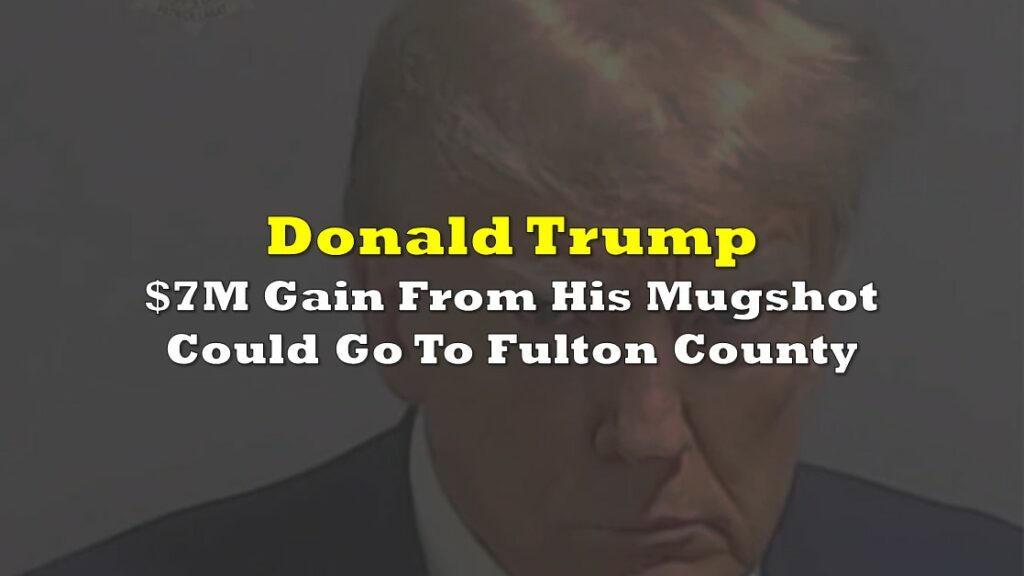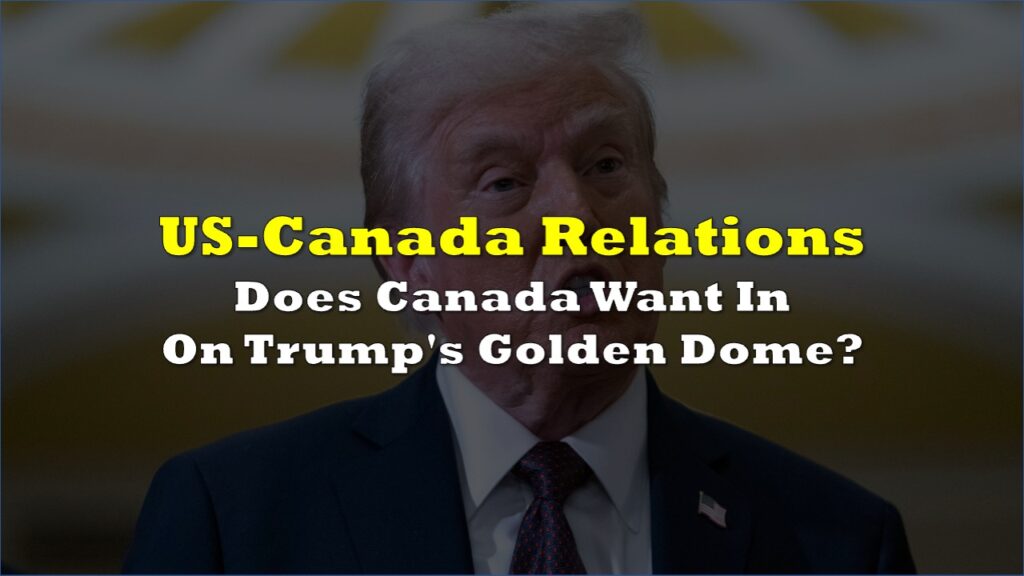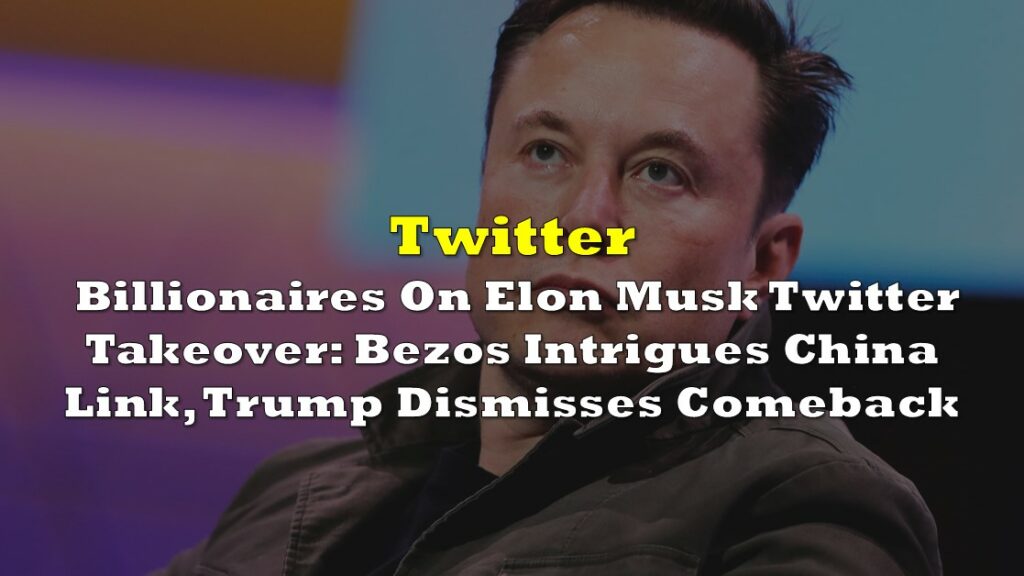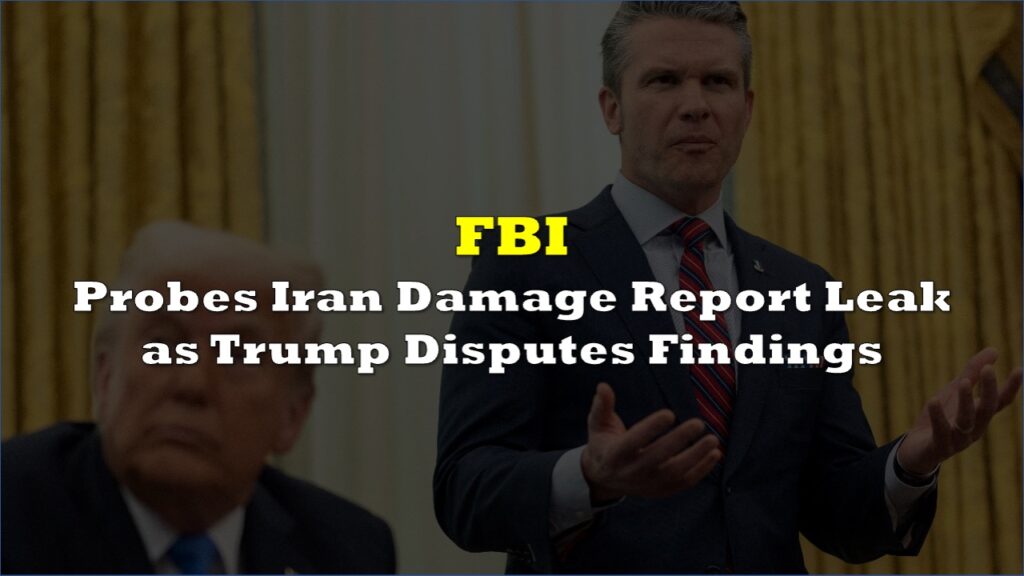U.S. President-elect Donald Trump has once again ignited debates with a bold promise aimed at incentivizing large-scale investments in the United States. In a recent social media post, Trump declared that any individual or company investing $1 billion or more in the country would receive “fully expedited approvals and permits,” including environmental clearances.
The statement, which Trump shared on his Truth Social account, reads: “Any person or company investing ONE BILLION DOLLARS, OR MORE, in the United States of America, will receive fully expedited approvals and permits, including, but in no way limited to, all Environmental approvals. GET READY TO ROCK!!!”
Huh? pic.twitter.com/OKMHRDfruM
— Republicans against Trump (@RpsAgainstTrump) December 10, 2024
While no further details about the mechanics of such expedited processes have been released, the post is consistent with Trump’s long-standing deregulatory agenda. During his first term, Trump frequently sought to roll back environmental regulations and streamline permitting processes for industries such as energy, infrastructure, and manufacturing.
The proposal appears designed to attract significant domestic and foreign capital investments in sectors like petrochemicals, data centers, and natural gas, all of which require extensive permitting and environmental reviews.
Trump’s pitch comes at a time when the United States is grappling with economic challenges, including inflation, supply chain disruptions, and increasing competition from China. His statement could be interpreted as an attempt to position himself as a champion of economic growth ahead of the 2024 presidential election.
However, the explicit inclusion of “environmental approvals” in his pledge signals a continuation of his administration’s controversial approach to regulation. Trump’s first presidency saw the dismantling of numerous environmental protections, including the rollback of the Waters of the United States rule and the weakening of the National Environmental Policy Act. Critics argue these moves prioritized corporate profits over environmental sustainability.
Industry support
Trump’s promise has drawn support from industry insiders and market analysts who view it as a potential driver of economic growth. Josh Young, a prominent energy investor, posted on X: “Expect a boom in the construction of data centers, petrochemical plants, and LNG export facilities if this policy is implemented. Bullish nat gas, the heavy construction value chain, and the US economy.”
Expect a boom in the construction of data centers, petrochemical plants, and LNG export facilities, if this policy is implemented.
— Josh Young (@Josh_Young_1) December 10, 2024
Bullish nat gas, the heavy construction value chain, and the US economy. https://t.co/FfsEz7esSD
Proponents argue that expedited permitting could reduce bureaucratic delays, accelerate job creation, and attract investment in sectors critical to U.S. competitiveness. The construction of liquefied natural gas export facilities, for instance, is seen as vital to expanding the U.S.’s role in global energy markets, particularly in light of Europe’s pivot away from Russian gas.
On the other hand, environmental groups and legal experts are raising alarms about the potential consequences of Trump’s proposal. Critics argue that bypassing environmental reviews could lead to unchecked industrial pollution, harm to vulnerable ecosystems, and increased greenhouse gas emissions. Such a policy, they warn, would likely face significant legal challenges.
The Natural Resources Defense Council has previously criticized Trump’s deregulatory agenda, stating that it “puts communities, public health, and the environment at risk.” By explicitly linking billion-dollar investments to expedited environmental approvals, Trump’s new proposal could provoke backlash from environmental advocates and Democratic lawmakers.
Expedited permitting processes, especially for large-scale projects, often require careful balancing of economic benefits and environmental protections. Under existing laws such as NEPA, federal agencies must conduct rigorous environmental impact assessments before approving major projects. Trump’s proposal to “fully expedite” these approvals could face significant legal hurdles unless it is accompanied by legislative changes.
Moreover, questions remain about the ethical implications of privileging billion-dollar investors while smaller businesses and communities continue to navigate cumbersome regulatory processes. Critics argue that such a policy could exacerbate economic inequalities and undermine public trust in government institutions.
Information for this briefing was found via the sources mentioned. The author has no securities or affiliations related to this organization. Not a recommendation to buy or sell. Always do additional research and consult a professional before purchasing a security. The author holds no licenses.









